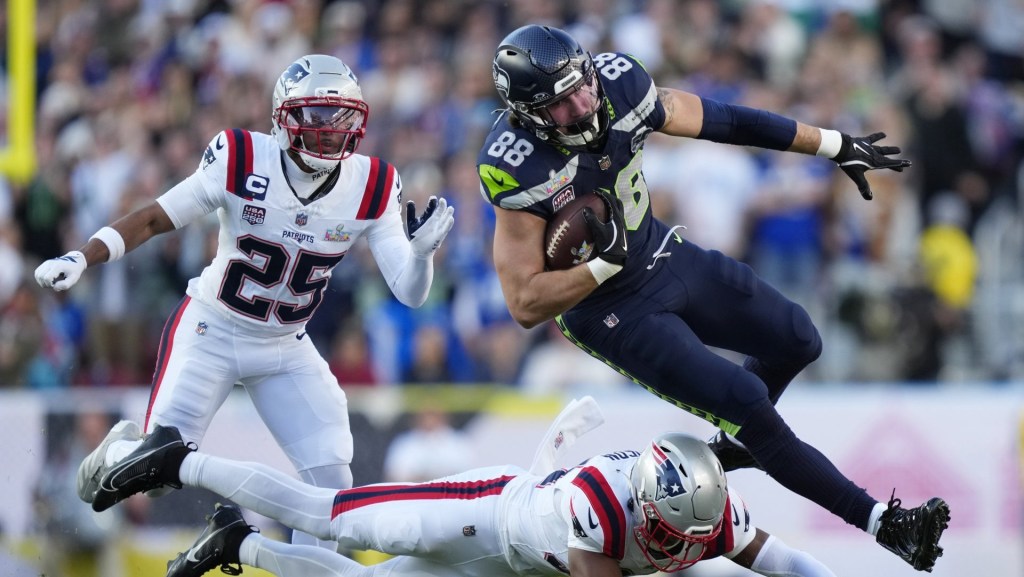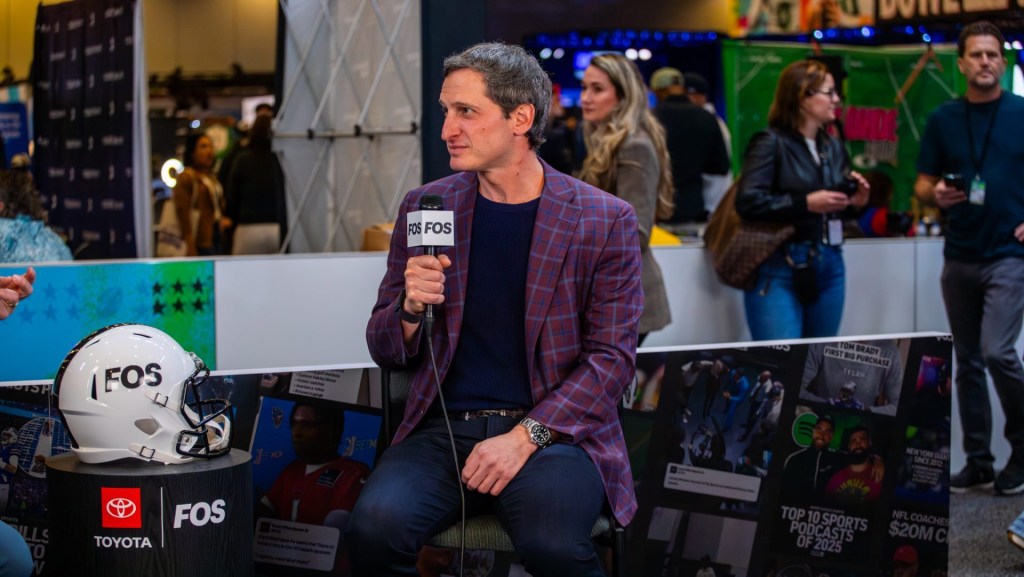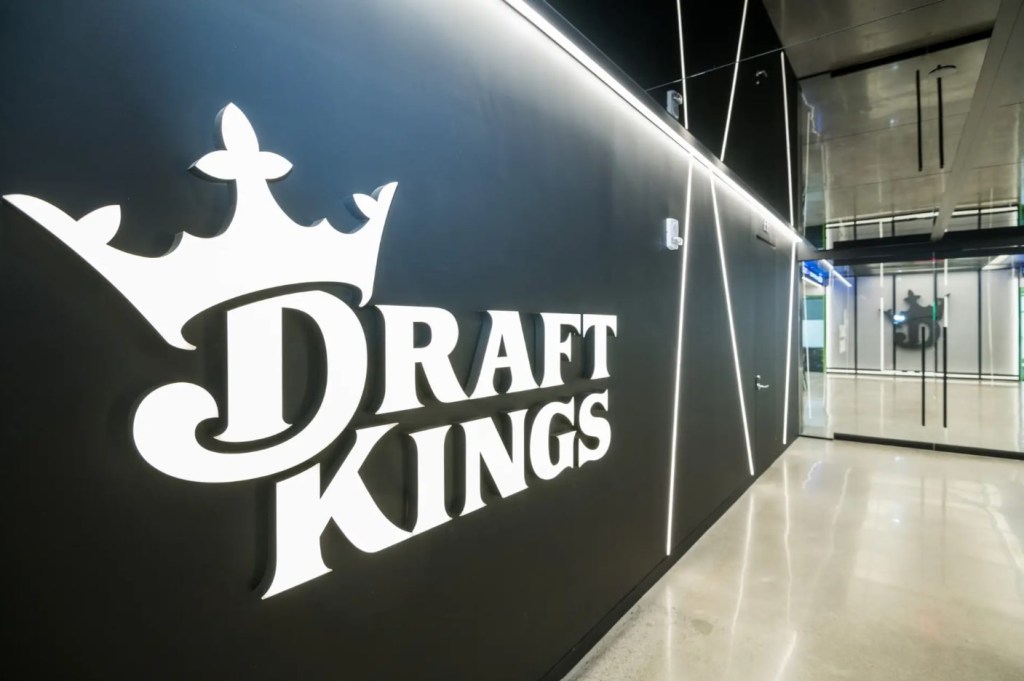As sports betting and media companies continue to join forces through partnerships, theScore continues forward as a mobile-first sports content company with a small, but growing, sportsbook operation. On Sept. 17, theScore Bet launches in Indiana — its second new state in two weeks.
The Canadian-based company is a spin-off of John Levy’s first creation, The Score Television Network, a company acquired by Rogers Communication in 2012.
A media app was launched in 2007 and has evolved since its spin-off, but like the TV network, it has had a sports betting bent to it since it launched. That fully connected in September 2019, when theScore Bet was launched in New Jersey. The two apps are integrated, taking users from the content page to the betting app and back.
Front Office Sports caught up with Levy to chat about the Indiana launch, the emergence of content and betting operator partnerships and the company’s relationship with Penn National Gaming — which is theScore’s partner in Indiana, but also is launching a sportsbook app this month with Barstool Sports.
Front Office Sports: What is about Indiana that makes it make sense as the next state for theScore Bet?
John Levy: For starters, it’s obviously a pretty solid market now that it’s up and operating, and it’s mobile friendly. When you’re as small as us, you don’t have to worry about how many other operators are in the state. But it’s a very exciting market, with big betting opportunities. Our media app skews where the population is, and there are big schools. But it’s that same story in any state because the big advantage is our media app and its user base. People are crazy about sports and every state is a big deal for us.
But there are a couple of particular check marks that make it exciting in addition to just being Indiana.
First and foremost, it really is showing how good the tech is. We’re a media app first, but most revenue will be driven by sports betting and our ability to get market share. We really are technology led, and during the pandemic, we didn’t have to lay anyone off because we knew states like Indiana were coming. So we developed this multi-state wallet, which allows us to move users fluidly from one state to another. We’re launching Indiana and it is our second state in two weeks and we can start to really show that off.
It’s also big because this is our Penn [National] state. So it really is two good features we’re excited and proud about.
FOS: You already mentioned Penn. So you’re launching your first state with them as they’re also launching their first state with Barstool — which they own a significant piece of. How does it feel to be in the same, let’s call it a boat, as them?
Levy: We have the same partner. I do want to take [Barstool founder] Dave Portnoy down and he’ll say the same thing about us. That’s what makes it horse racing. The interesting thing is the relationship with the media and land-based casino. We love Penn, they have a lot of smart people over there and we’re so happy with the deal. Iowa is coming and that’ll be the second Penn state for us — early in the new year likely.
In the context of the deal they have with Barstool, yea it’s a content play, but it’s different from the way we use our content. Portnoy, he’s like the Pied Piper. He eats pizza, he tells you what stocks to buy, what bets to make. It’s more of an influencer approach and I think it’s great.
For us, our melding of betting it’s more about the content and data. We’re where you live day-to-day. We see it with the users and their engagement and the teams and players they follow. We know they’re betting on sports.
At the end of the day it’s a big, big market and I think we’re both going to be successful. Both of our approaches are a lot different than we see with other media deals. And ours is different than the one with Barstool and I think we’re both going to be winners — but I wanna kick Dave’s butt. It’s like when Avis and Hertz were successful and going at each other. And good on Penn, they’re winners either way.
FOS: So what is your crossover for betting and what’s that ratio needed to be successful?
Levy: It’s a delicate subject since we’re public, but we saw significant growth from Q1 to Q2 in wagering, up 60-something percent than COVID hits. But what we’re seeing in terms of engagement on the app and in terms of betting wagering, there’s a huge pickup really quickly. We’re seeing stuff before the NFL started; it’s rivaling Super Bowl week. Was there pent-up demand? Of course, that’s coming to no surprise.
Our whole modeling to how the business is rolled out, in some regards we’re our own worst enemy. We’re always talking about the media app and our hundreds of millions in terms of engagement across our platforms. But in the betting world, looking at the business, you don’t need to talk millions, you need tens of thousands. The percentage we have to make available sports betting is really small for us to have a successful business. It’s thousands, not hundreds of thousands.
We want it to be more than that, of course. But the other thing is we’re building this for the long term, not about grabbing a huge market share or refilling the funnel which is what you have to do when you’re spending to acquire customers. We just want to get good customers and keep them engaged with our content and get them back to our betting app. Really, it’s single market penetration numbers in states you go into, then building low double-digit penetrations.
So we can have an amazing business and then there’s room for Portnoy to be successful. We don’t need to maintain 30% market share. There will be business models for that, we’re building on getting bettors and keeping them in our ecosystem. They’ll make their bet, but then they’ll still be on the app for the rest of the season. The life revenue of a bettor is more sustainable if just flitting from one app to another.
FOS: So knowing this has been your plan for years, what do you make of the huge wave of content and betting operator partnerships we’re seeing like ESPN and DraftKings and William Hill, and NBC and PointsBet?
Levy: The media companies have to do those deals. The media companies don’t want to do what we do; they don’t want to be the operator. It’s sexy and it’s hot, but they have whole other businesses they’re dealing with, so the last thing they want to do is get licensed. So they want to dip their toes in and do deals and the betting companies need it to have that extra glue. They know they’re just transactional platforms, unless they can suck up some content and give users something extra, they’re in jeopardy.
We’re media and a betting company. That’s not to say we have two divisions. It’s one that’s totally integrated. But it’s not to say we might not do big deals.
These deals are just evidence betting operators all trying to find their way in. Independently, it’s not enough and they’re seeing this huge market open up so they’re trying to get involved and provide a certain stickiness to get bettors to stay.
Bettors are trying to bring content into the environment and the media is trying to get their fair share of the revenue. The problem is thinking about their own corporate perspectives, they might be forgetting about what the consumer wants. Forget about you, forget about me. What does the guy on the other end want? How do you scratch an itch?
What’s he want to do? He’s telling us in our app if you look in the chatroom. They talk about who they want to bet on, so why would I force them to go elsewhere to make a bet?
You look historically at these media deals, they don’t work that well. You can get insensitive to the deals. You see a name, and it becomes numb to it and money can’t buy that loyalty. Our strength is in the users we have and I wouldn’t trade it with anyone.
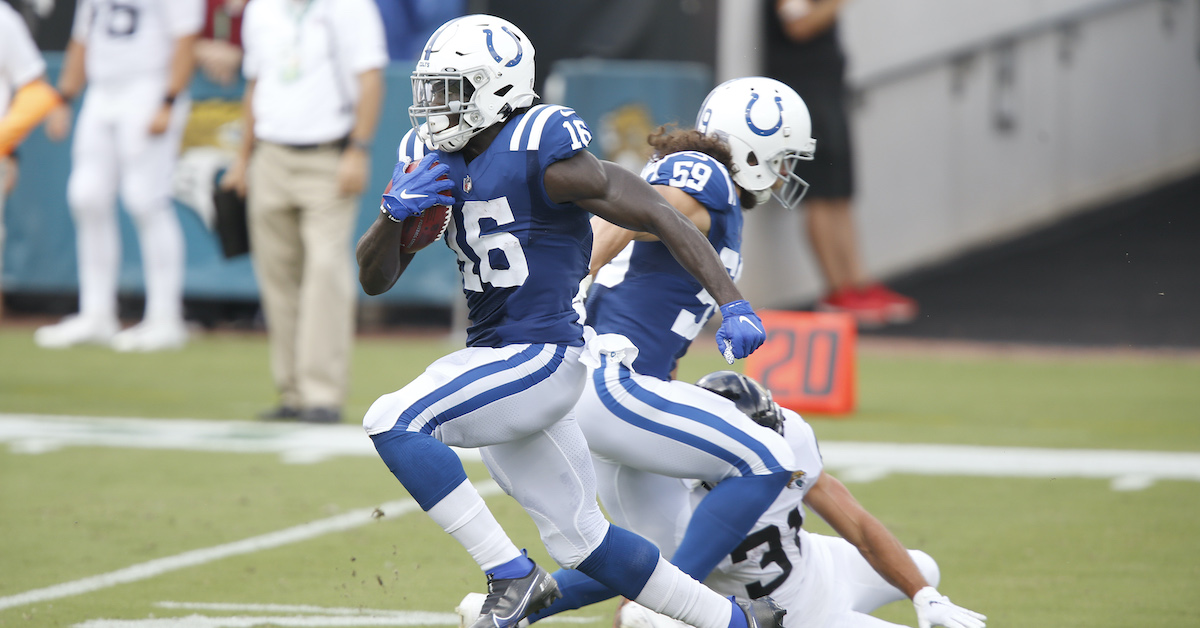

![[Subscription Customers Only] Jun 15, 2025; Seattle, Washington, USA; Botafogo owner John Textor inside the stadium before the match during a group stage match of the 2025 FIFA Club World Cup at Lumen Field.](https://frontofficesports.com/wp-content/uploads/2026/02/USATSI_26465842_168416386_lowres-scaled.jpg?quality=100&w=1024)


![[Subscription Customers Only] Jul 13, 2025; East Rutherford, New Jersey, USA; Chelsea FC midfielder Cole Palmer (10) celebrates winning the final of the 2025 FIFA Club World Cup at MetLife Stadium](https://frontofficesports.com/wp-content/uploads/2026/02/USATSI_26636703-scaled-e1770932227605.jpg?quality=100&w=1024)



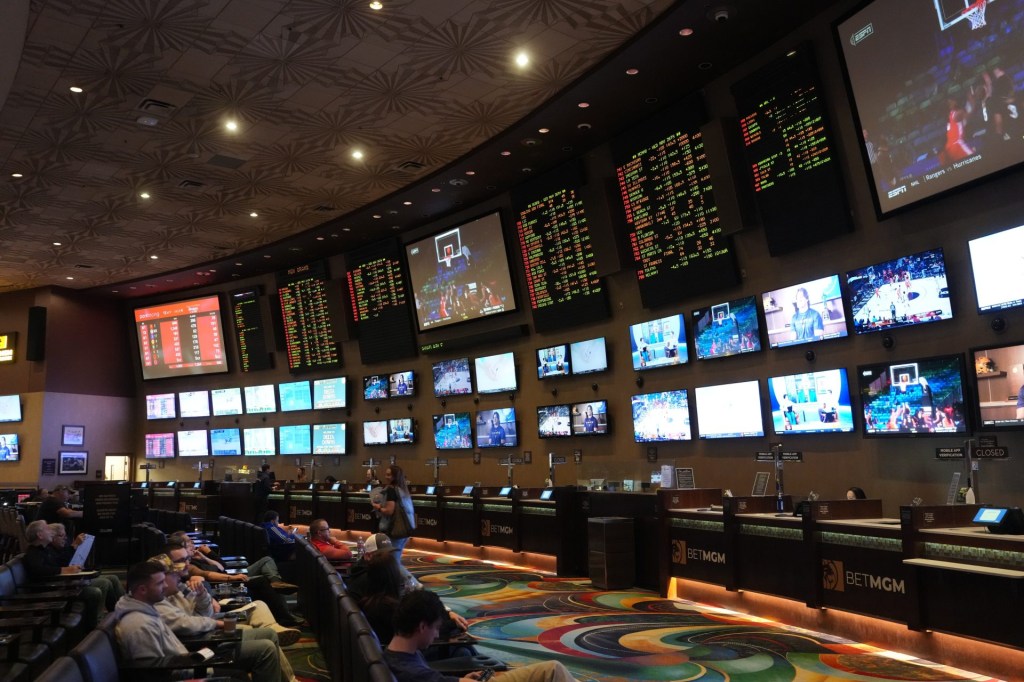
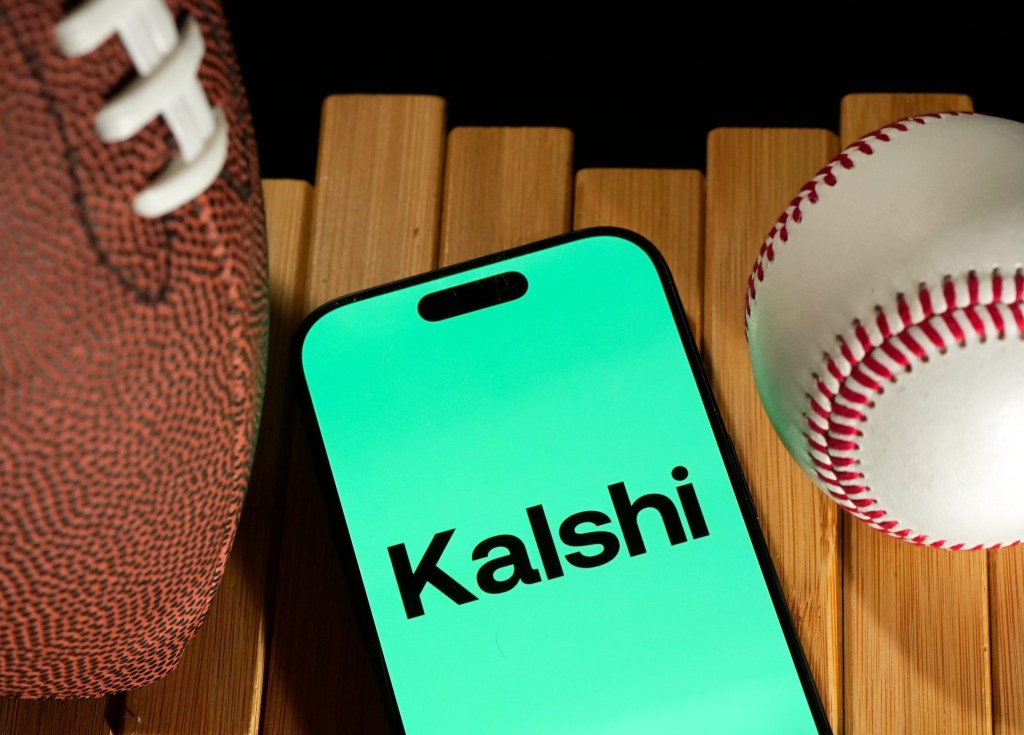
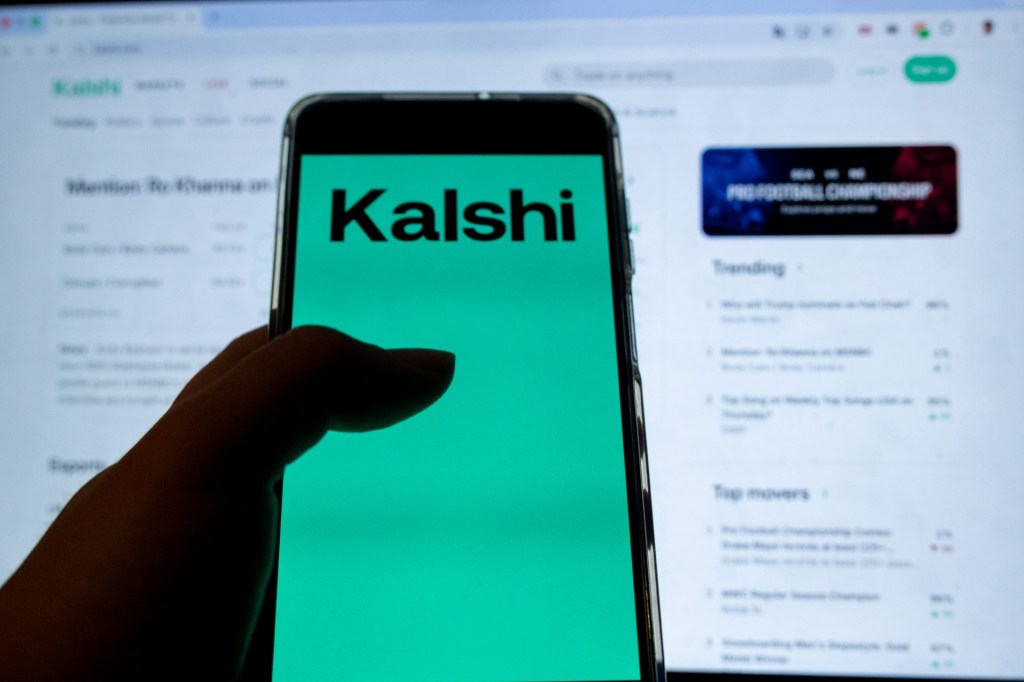

![ESPN Bet broadcasts inside the PGA Tour Studios building in Ponte Vedra Beach, Florida, on March 14, 2025. [Clayton Freeman/Florida Times-Union]](https://frontofficesports.com/wp-content/uploads/2026/02/USATSI_25668497_168416386_lowres-1-scaled.jpg?quality=100&w=1024)
